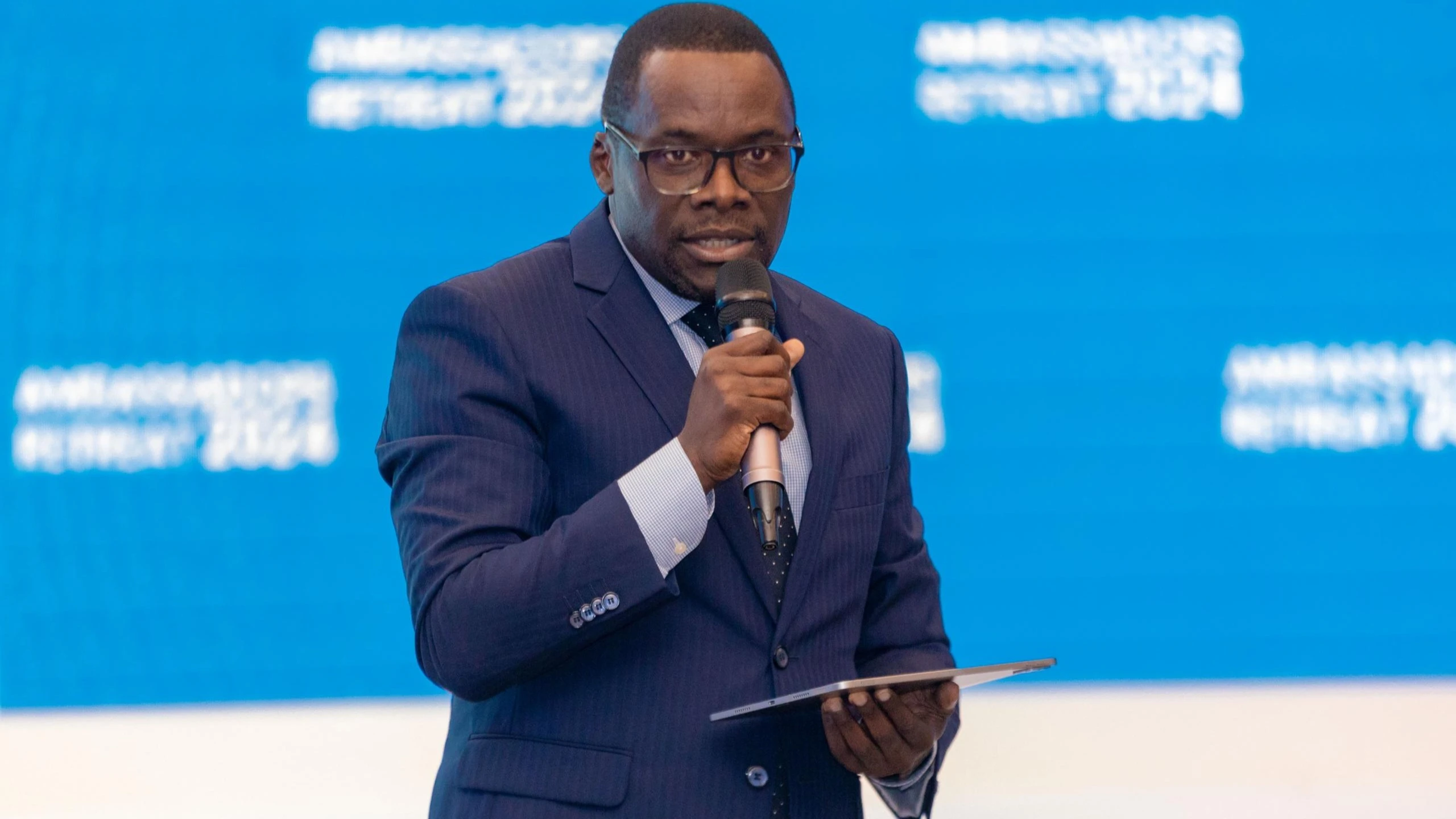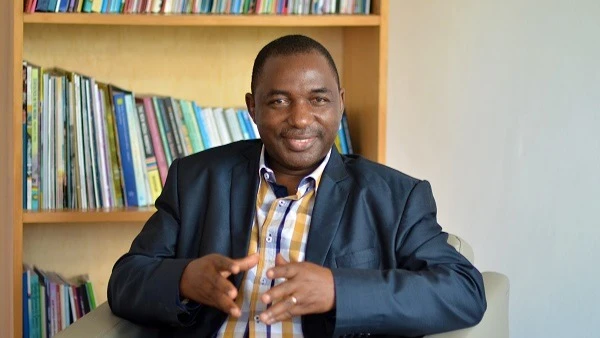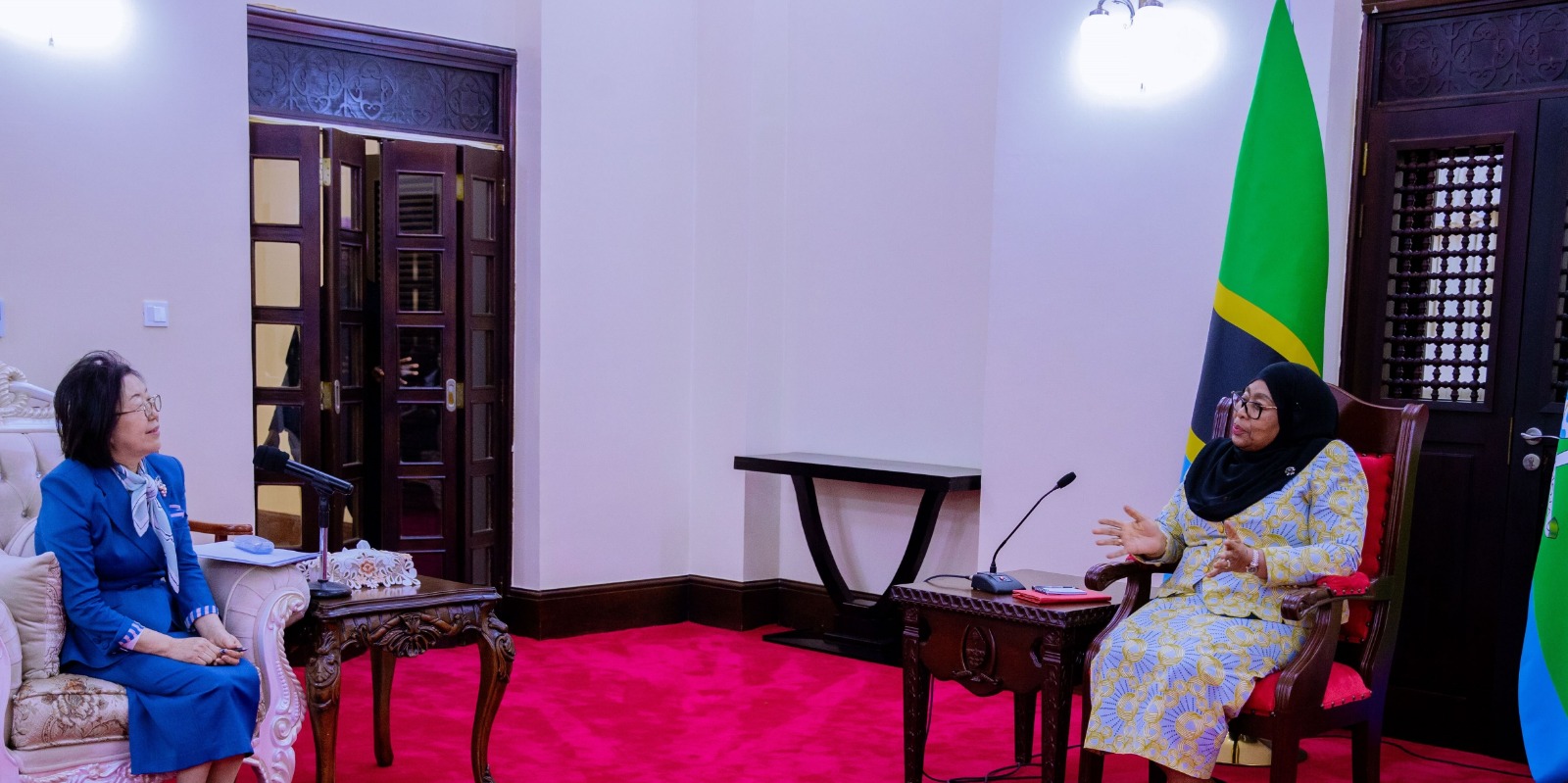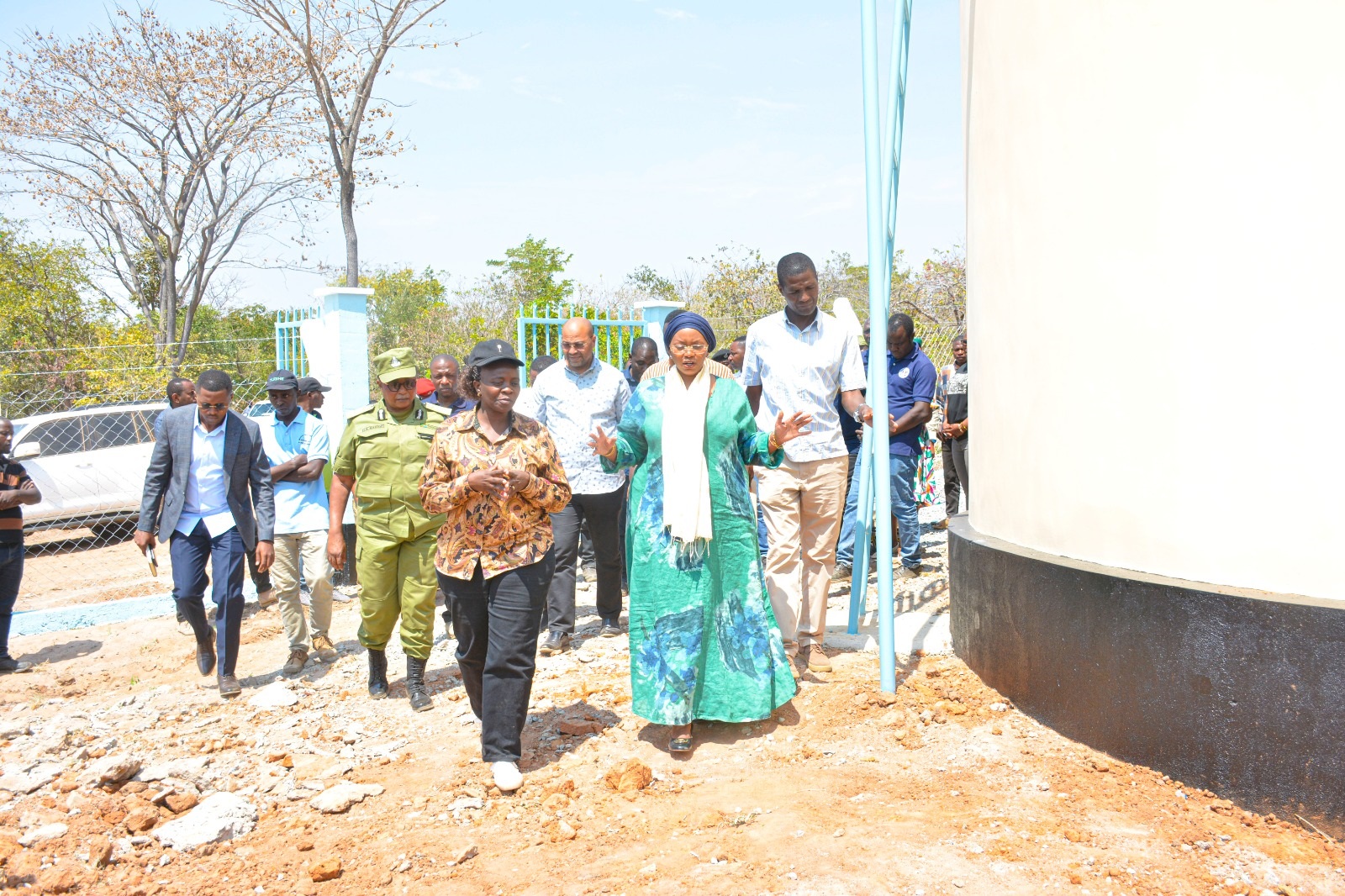Govt for efficiency in public entities to reduce dependency on subsidies

THE government has urged Chief Executive Officers (CEOs) of public institutions to enhance efficiency of the entities they lead and reduce dependence on subsidies from the central government for their operations.
This directive was issued on Monday evening by Chief Secretary Ambassador Dr Moses Kusiluka at the opening of a four-day CEOs induction programme themed ‘Enhancing leadership and strategic management in public and statutory corporations for sustainable development.’
Other directives to the CEOs included strengthening of revenue collection processes, controlling unproductive expenditures as well as building institutional capacity through improvement of human resources, use of technology, and infrastructure development.
He urged the CEOs to ensure that their institutions’ strategic plans contribute to the implementation of the National Development Vision 2050, officially known as Dira 2050.
According to him, the vision aims to transform Tanzania into a high-middle-income, industrialized nation with transparent governance systems and prosperity for all citizens.
“Dira 2050 has set an ambitious target of achieving upper middle-income, industrial economy status with a GDP of $1 trillion and a per capita GDP of $7,000. This will not be a walk in the park—we must work hard to reach it,” he asserted.
He said improving the quality of human resources, technology adoption, and infrastructure development will be critical in enabling institutions to operate effectively and meet performance benchmarks.
Treasury Registrar, Nehemiah Mchechu, said the Office of the Treasury Registrar (OTR) has set a target of collecting 2trn/- in non-tax revenue for the 2025/26 financial year.
The amount targeted for collection exceeds the current fiscal year's goal of 1.6trn/- that the government had set for the OTR.
“To achieve our target of 2trn/-, we will have to increase our efforts by 100 percent compared to the previous financial year,” said Mchechu. In the previous financial year (2024/25), OTR collected 1.03trn/- in non-tax revenue.
He asserted that among the main sources of non-tax revenue are dividends which cover revenues from profit-making state-owned enterprises and are collected under the Companies Act [CAP 212, Section 180] and the Public Corporations Act [CAP 257, Section 15(2)(b)].
Other sources include the 15 percent contribution from gross revenue as Section 12(3) of the Public Finance Act [CAP 348] requires public institutions (that are not subject to dividend payment) to remit 15 percent of their gross income to the Consolidated Fund.
He further pointed out other sources including 70 percent of surplus income from public institutions, loan repayments and interest, and remittances from the Telecommunications Traffic Monitoring System (TTMS), which tracks and facilitates communication between Tanzania and other countries.
Mchechu believes that the induction training—targeting a second group of 114 executives, including newly appointed leaders as well as long-serving ones who had not previously received the training—will be a catalyst for transformation in public institutions.
The induction is coordinated by the OTR in collaboration with the Uongozi Institute, held at the Mwalimu Nyerere Leadership School in Kibaha, Coast Region.
Top Headlines
© 2025 IPPMEDIA.COM. ALL RIGHTS RESERVED






















